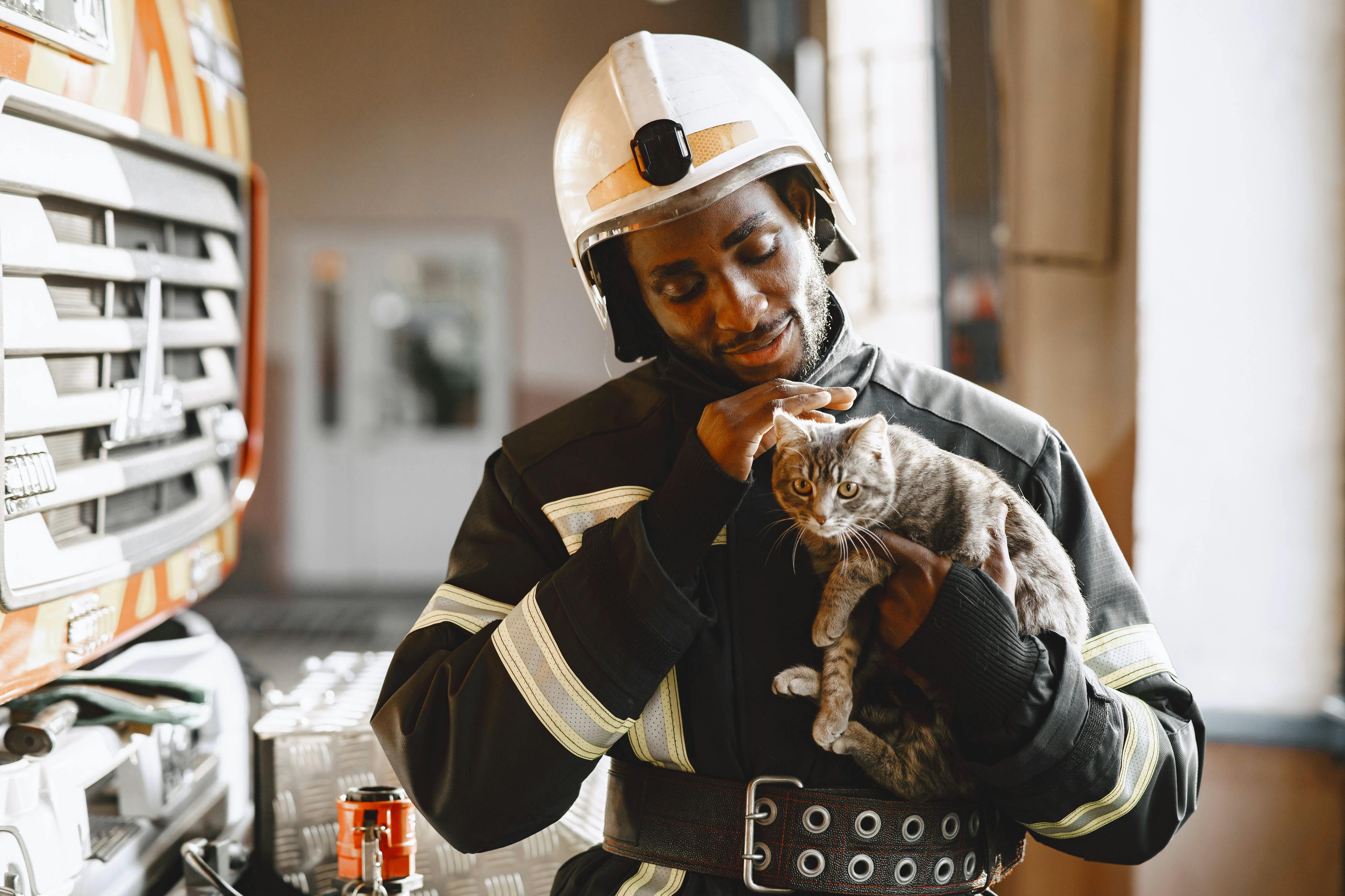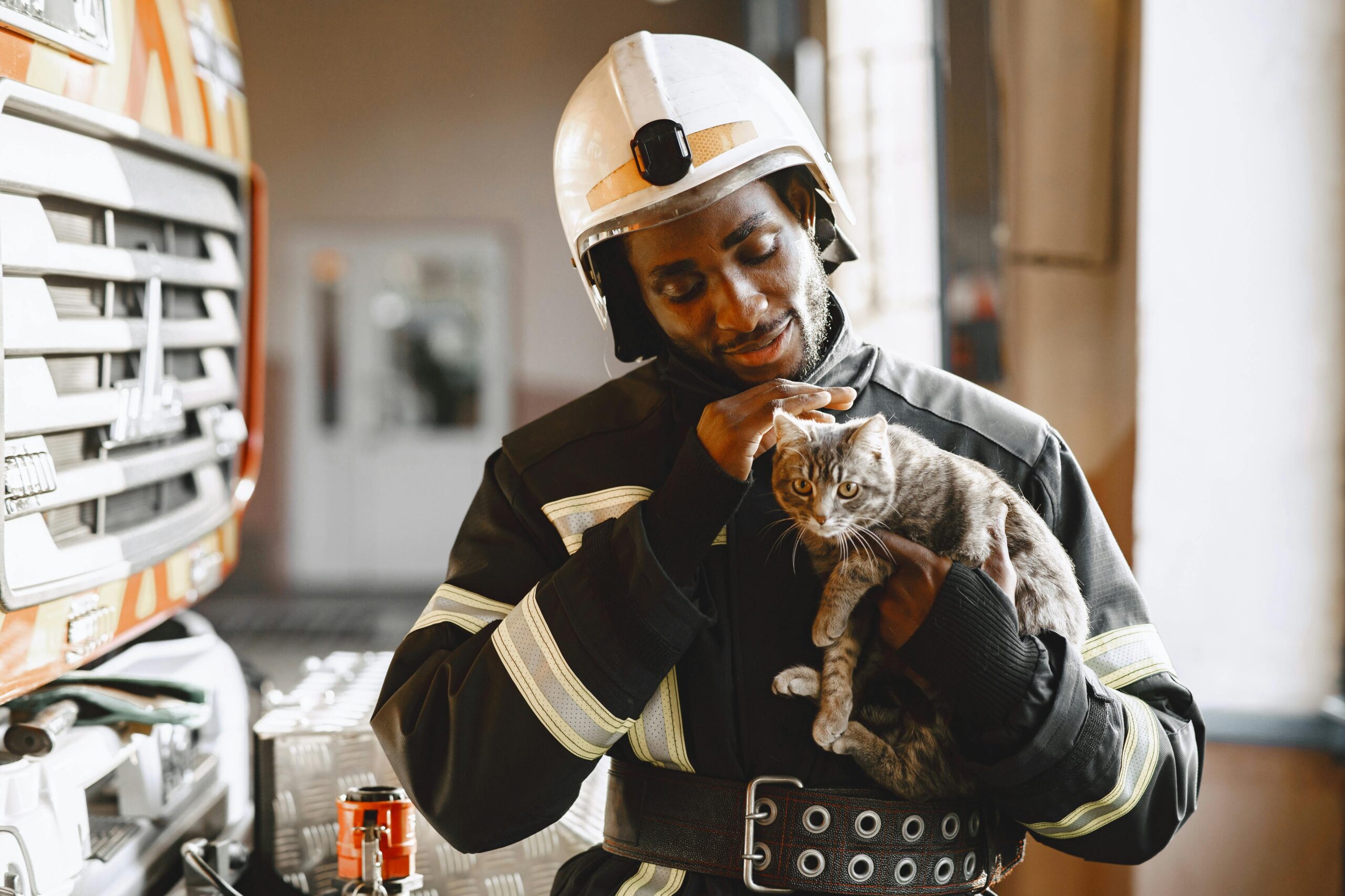Emergency Pet Care Trussville AL: Complete Owner’s Guide
When your pet faces a health crisis, every second counts. In Trussville, AL, having access to dependable emergency pet care can mean the difference between life and death. This comprehensive guide will equip you with the knowledge, tools, and confidence needed to take swift, informed action when your pet needs urgent medical attention.

Understanding the Fundamentals
Emergency pet care refers to immediate medical attention provided to pets facing life-threatening conditions. Whether it’s an accident, sudden illness, or unexplained symptoms, prompt veterinary care is crucial to ensure the best outcomes.
Over the past decade, pet emergency care in places like Trussville, AL has evolved from basic triage to highly specialized services, including 24-hour veterinary clinics and mobile vet teams. This evolution empowers pet owners to act confidently when emergencies strike.
1.1 Recognizing a Pet Emergency
Not all pet issues are obvious. Signs of a serious problem include difficulty breathing, excessive bleeding, sudden collapse, or continuous vomiting. According to the American Veterinary Medical Association, respiratory distress accounts for nearly 20% of emergency visits.
Common misconceptions, like assuming a pet will “sleep it off,” can lead to delayed treatment and complications. Always err on the side of caution when unsure.
1.2 Difference Between Routine and Emergency Care
Routine veterinary visits include vaccinations, checkups, and dental care. In contrast, emergency care involves acute symptoms requiring immediate intervention, such as toxin ingestion or car accidents.
Understanding this distinction helps prevent wasted time and ensures your pet gets the appropriate level of care promptly. Many emergency clinics in Trussville offer both general and critical care services for convenience.
Practical Implementation Guide
Now that you’re familiar with the core concepts of emergency pet care in Trussville, AL, it’s essential to know how to apply this knowledge in real-life scenarios. Preparation is key to responding effectively under stress.

2.1 Actionable Steps
- Build an Emergency Kit: Include bandages, hydrogen peroxide, saline, gloves, a muzzle, and your vet’s contact info.
- Save Critical Numbers: Store contacts for local emergency vets in Trussville, animal poison control, and mobile pet services.
- Know Your Route: Plan the fastest route to the nearest 24-hour animal hospital in Trussville.
2.2 Overcoming Challenges
Common obstacles include misjudging the severity of symptoms, lack of transportation, or panic during the emergency. To manage these:
- Practice mock emergency drills with family members
- Keep a checklist near your pet’s living area
- Use mobile vet apps to consult professionals virtually
Expert tips: Stay calm, speak softly to your pet, and never administer human medications without veterinary guidance.
Advanced Applications
For those already familiar with basic emergency pet care in Trussville, AL, there are advanced methods to improve outcomes and preparedness. These techniques are suitable for pet trainers, foster caregivers, and dedicated owners.

3.1 Remote Monitoring Tools
Devices like pet health wearables track vitals such as heart rate, temperature, and activity levels. These tools alert owners of abnormalities before they become emergencies, helping reduce critical vet visits.
Studies show a 25% increase in early detection when using smart collars in multi-pet households.
3.2 Emergency Training Courses
Several Trussville-based clinics offer workshops on pet CPR, wound management, and toxin response. These integrate seamlessly with pet insurance policies and emergency protocols.
Ensure compatibility with your pet’s breed and size when enrolling in hands-on training programs.
Future Outlook
Technology and awareness continue to revolutionize emergency pet care in Trussville, AL. Wearable tech, AI symptom checkers, and mobile triage units are poised to become standard tools.
In the next 3–5 years, expect hyper-local emergency networks, tele-vet systems, and real-time pet health analytics. Preparing now ensures you remain at the forefront of these innovations.
Conclusion
Three key takeaways: 1) Always recognize signs of pet emergencies, 2) Be prepared with an emergency plan, and 3) Stay informed about advanced care options.
Prioritize your pet’s safety today by assembling a kit, saving vet contacts, and considering a local emergency workshop. Don’t wait—your preparedness could save a life.
Frequently Asked Questions
- Q: What qualifies as a pet emergency? Difficulty breathing, uncontrolled bleeding, sudden collapse, or ingestion of toxins are all critical conditions requiring immediate veterinary care.
- Q: How do I get started with emergency preparedness? Build a kit, locate 24-hour clinics in Trussville, and enroll in a local emergency training session.
- Q: How much time does emergency pet care take? Depending on severity, visits can range from 30 minutes to several hours. Triage may start within 10 minutes of arrival.
- Q: What does emergency vet care cost? Services typically range from $100 to $2,000, depending on diagnostics, overnight stays, and surgery needs.
- Q: How does emergency pet care compare to routine vet visits? Emergency care is urgent, often life-saving, and more expensive. Routine care is preventative and planned.
- Q: Is emergency pet care difficult to learn? Basic preparedness is easy to grasp. Advanced training requires commitment but is highly rewarding.
- Q: Can emergency pet care help with chronic conditions? Yes, especially when flare-ups occur or symptoms suddenly worsen, emergency care ensures stability before transitioning to long-term treatment.
